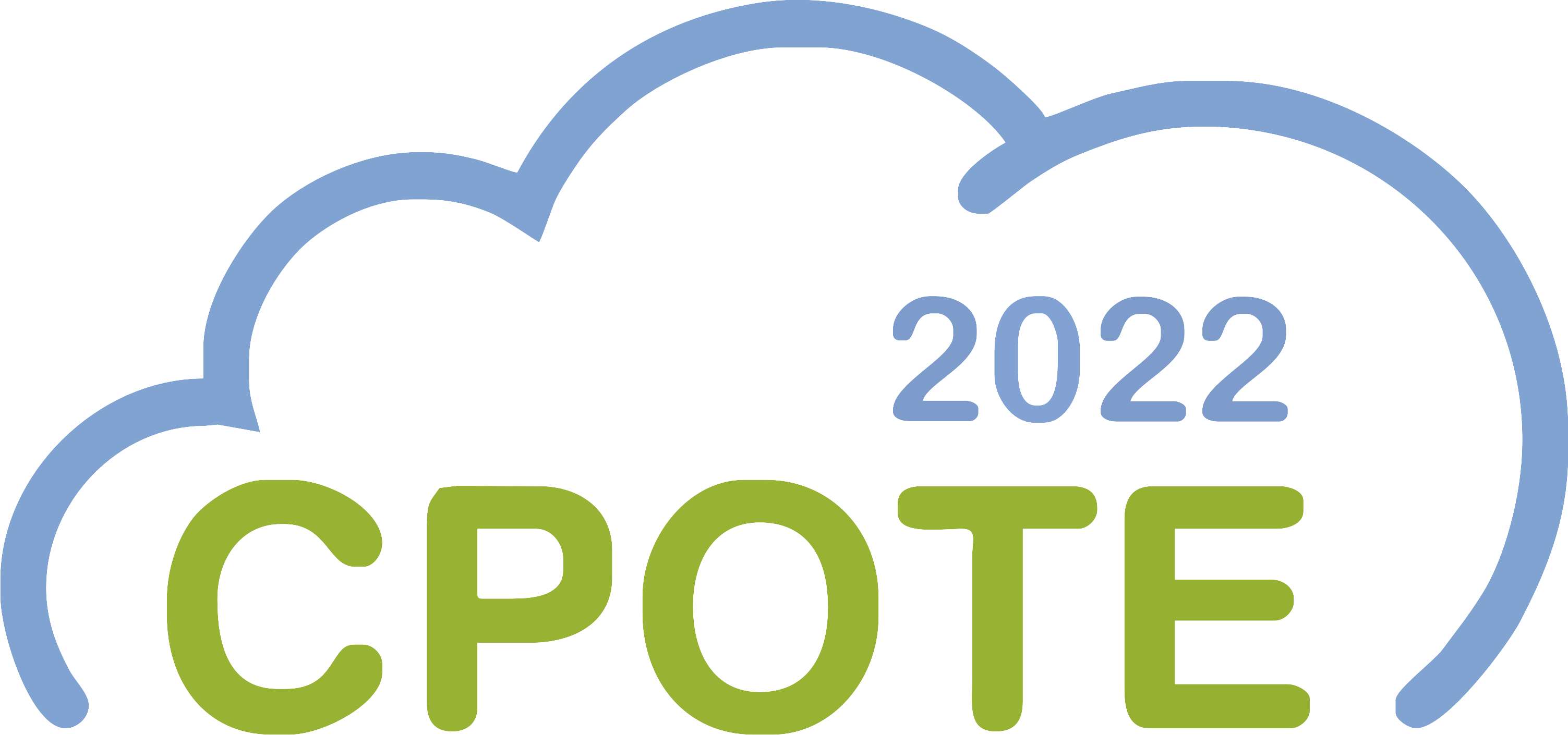
CPOTE2022
7th International Conference on
Contemporary Problems of Thermal Engineering
Hybrid event, Warsaw | 20-23 September 2022
7th International Conference on
Contemporary Problems of Thermal Engineering
Hybrid event, Warsaw | 20-23 September 2022
Abstract CPOTE2022-1068-A
Book of abstracts draft












Theoretical and experimental investigations of hydrogen direct injection and combustion process in a constant volume chamber
Wladyslaw MITIANIEC, Cracow University of Technology, PolandŁukasz RODAK, Cracow University of Technology, Poland
Current requirements concerning the clean combustion technology both in automotive sector and energy industry force to search technology without greenhouse pollution such as hydrogen combustion. The paper presents investigation results of direct injection of gaseous hydrogen into a chamber with constant volume 200 cm3 during 65 ms with initial air pressure 0.9 MPa. Combustion process of the mixture was initiated by the spark plug located near the injector at 3 different ignition time: 30, 40 and 65 ms after start of hydrogen injection. The work shows CFD simulation results of the mixture formation and combustion process in a function of time including combustion products, temperature and pressure in the chamber for three cases of ignition. Computational process includes mathematical model of hydrogen injection, ignition and extended combustion chemistry based on Chemkin database. The work contains also experimental results done in a cylindrical chamber with the same geometry as in simulation process. Measurement of pressure by piezoelectric gauge enabled determination of temperature inside the chamber. The paper compares simulation and experimental results of pressure course for 3 ignition cases and explains differences in pressure values. Earlier ignition of the air-hydrogen mixture during injection process enables achieving smoother pressure course with lower pressure which prevents irregular combustion process. The paper presents also heat transfer loses based on pressure course obtained in experimental tests. Discussion of simulation and experimental results are widely described and some recommendation in energy industry and automotive sector are proposed.
Keywords: Fuel mixture, Spark ignition, Chemical reactions, Heat transfer efficiency, Pressure increment